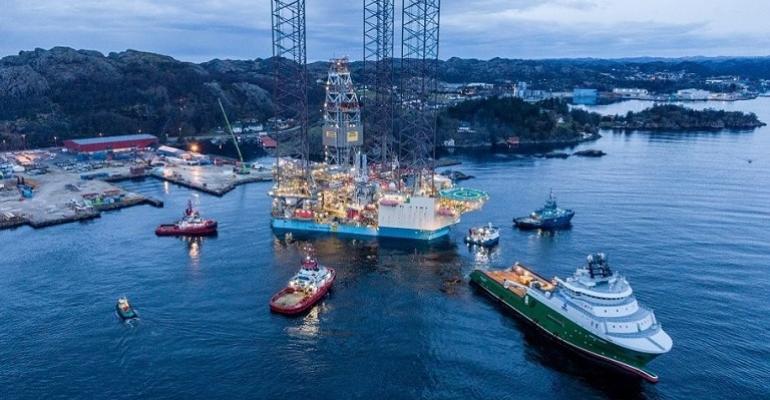Repsol and Spanish state-owned shipbuilding company Navantia have signed a collaboration agreement to jointly develop solutions to decarbonise maritime transport.
The aim is to develop solutions in line with the greenhouse gas (GHG) emission reduction targets of Spain, the EU, the UN, and the International Maritime Organization.
The two companies will jointly evaluate the performance of new biofuels and synthetic fuels to be supplied by Repsol in engines manufactured by Navantia.
These new fuels, the companies said, represent a ‘solid alternative’ for the short and medium-term decarbonisation of the maritime sector, as they could achieve a 100% reduction in emissions. The project will focus on evaluating the technical and economic feasibility of this new technology.
Repsol will contribute its research infrastructures from its technology centre, the Repsol Technology Lab.
For its part, the Navantia Engine Factory will provide the technical knowledge of the engines and will make its facilities in Cartagena, Spain, available to the project.
Both companies are also linked in the framework of the SHYNE initiative, the multisectoral consortium that was presented on 19 January, and which brings together a total of 33 companies, associations, technology centres and universities to promote the decarbonisation of the economy through renewable hydrogen. Repsol and Navantia, through its CEDETH, will explore new lines of collaboration in the field of hydrogen.
Source: Seatrade Maritime News






